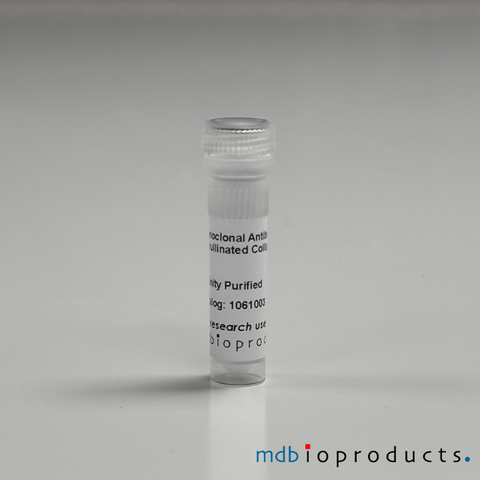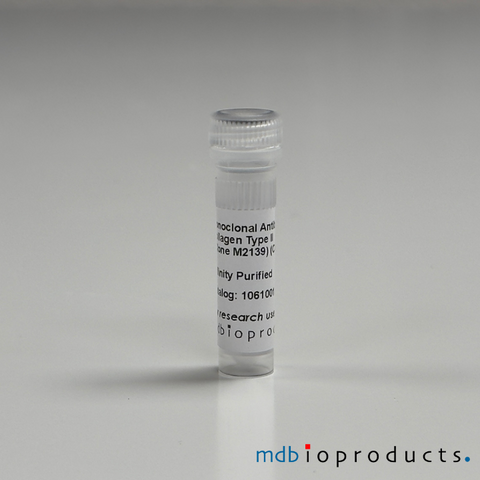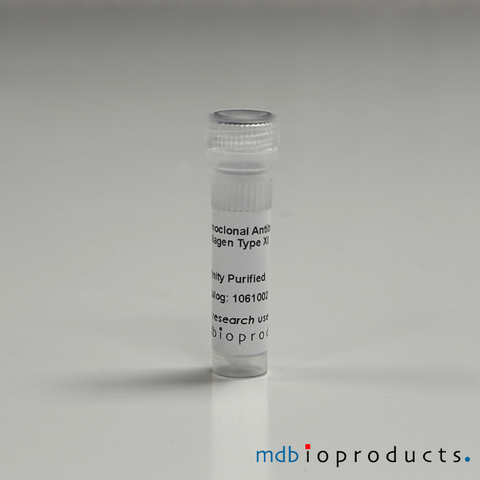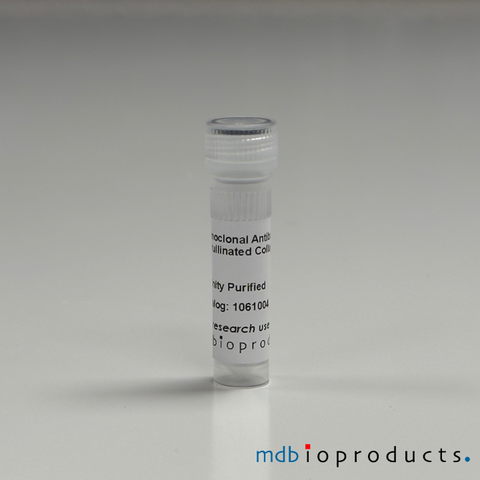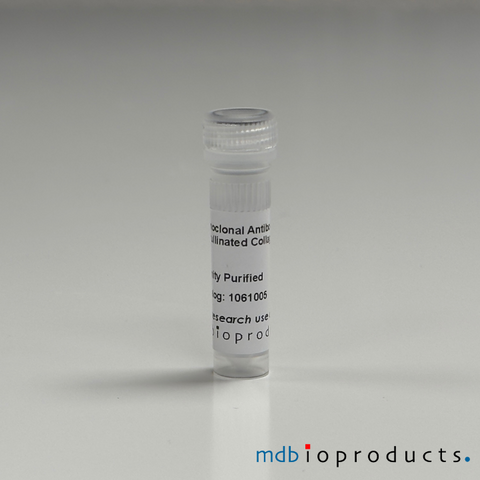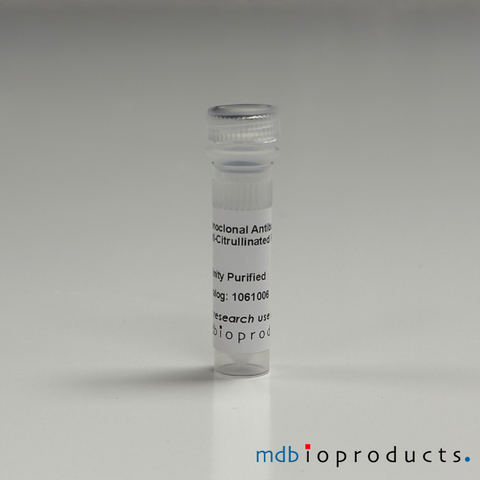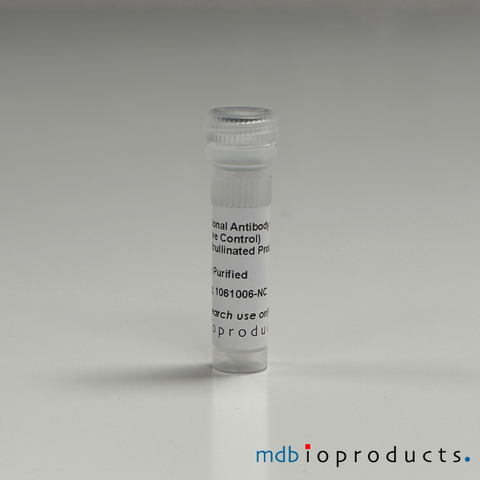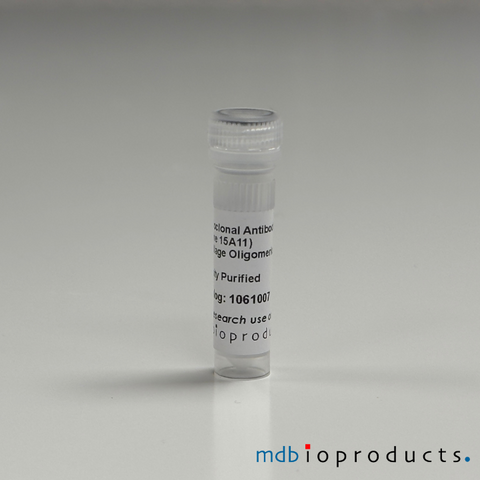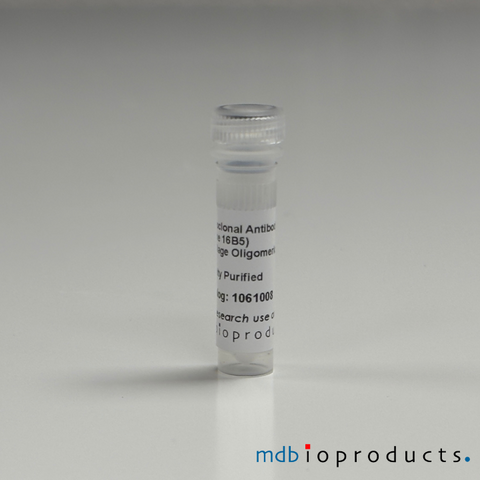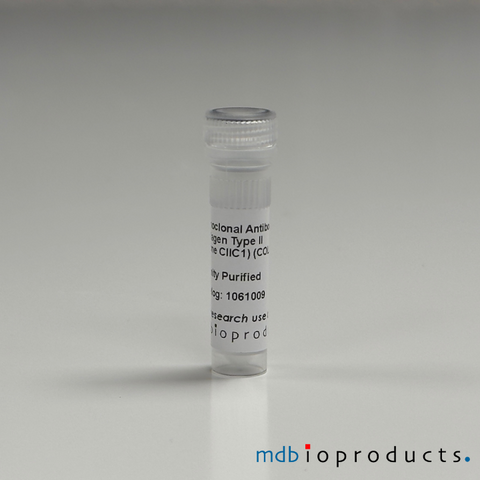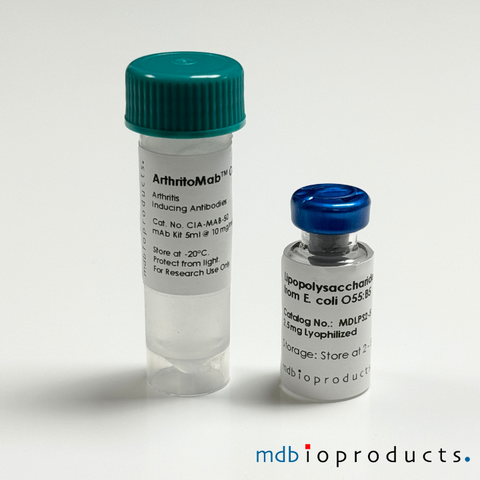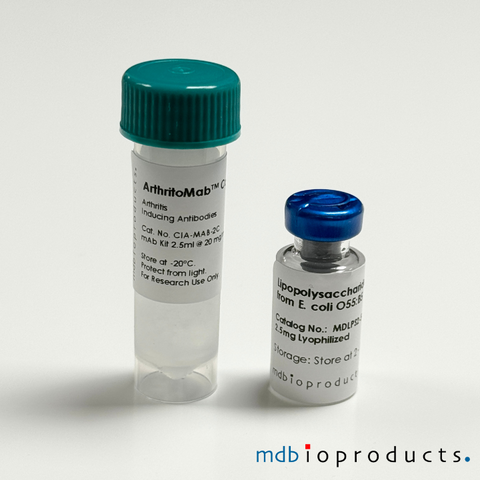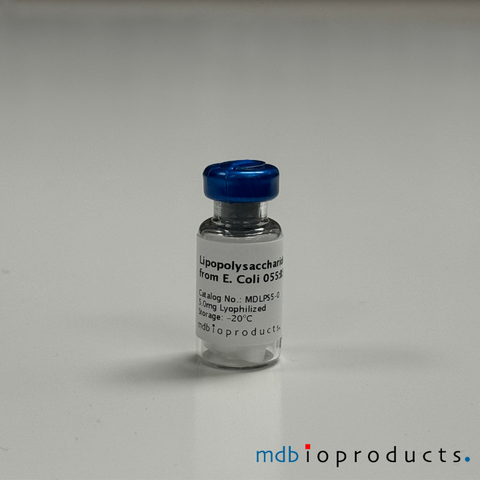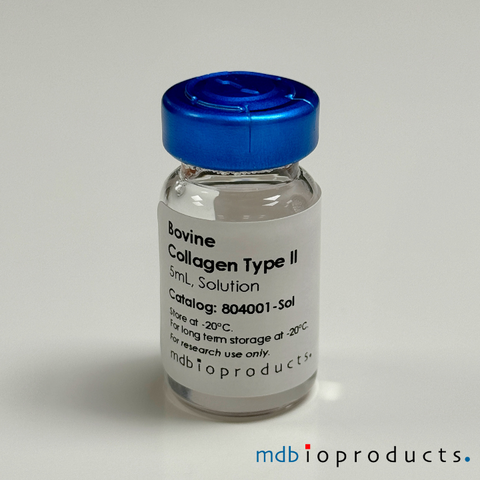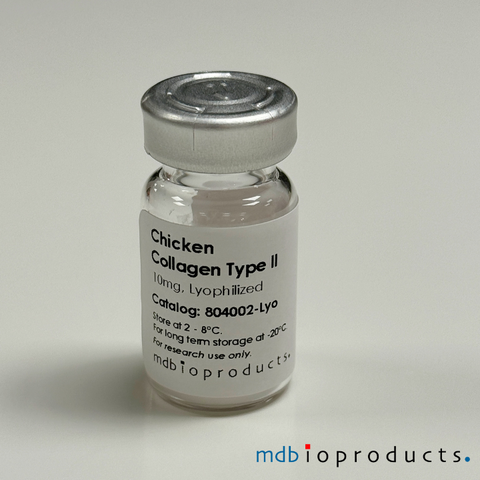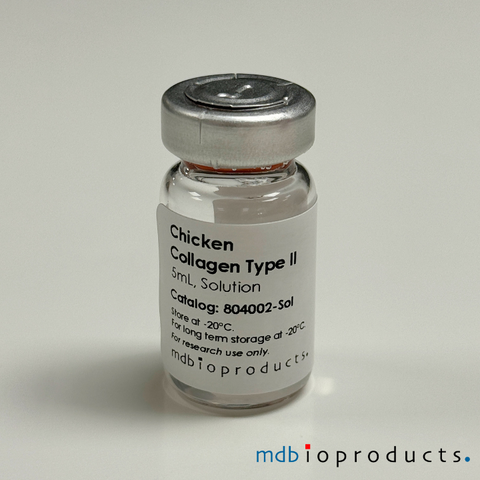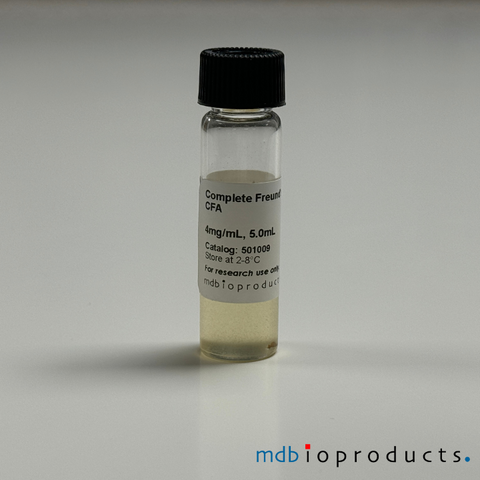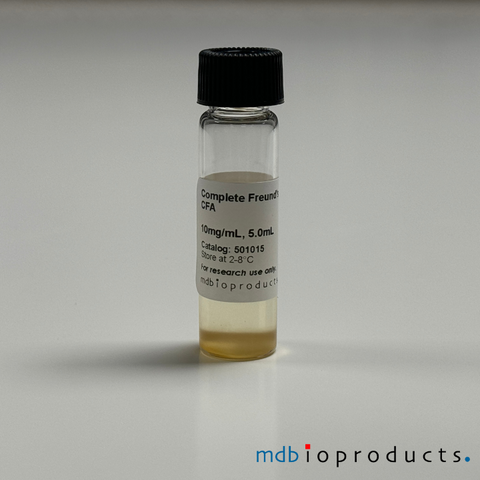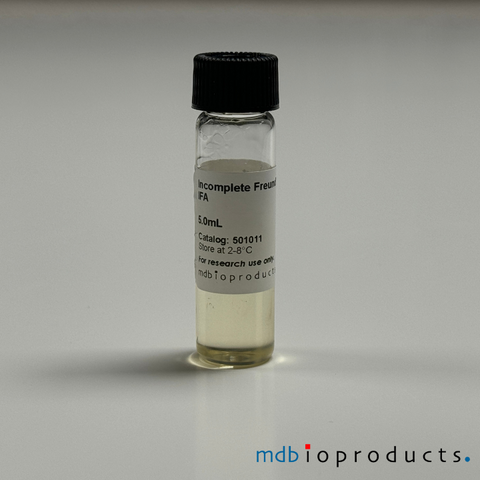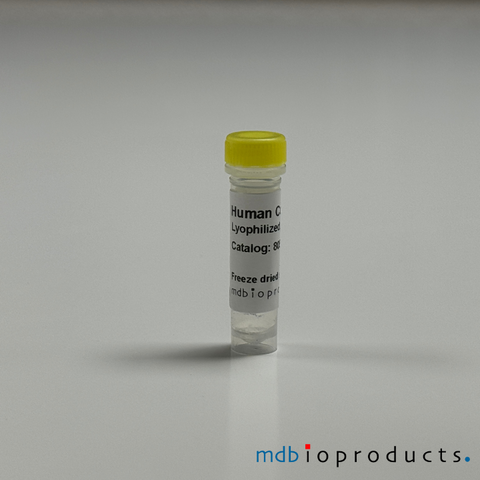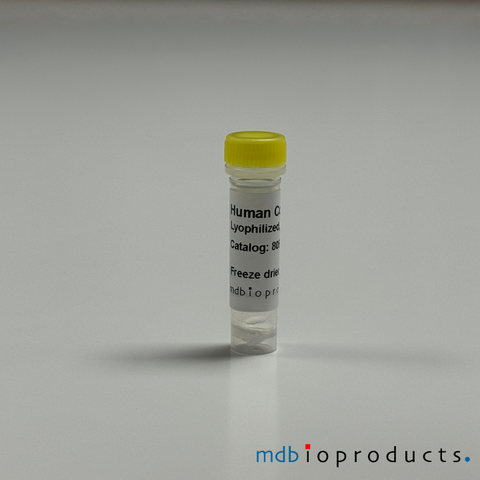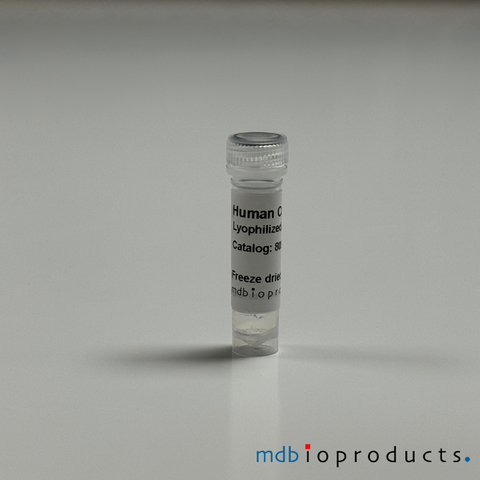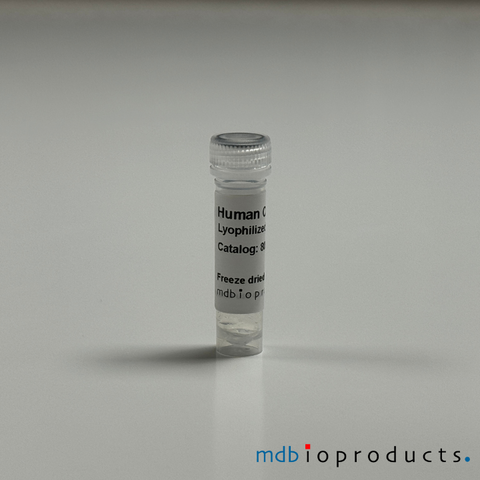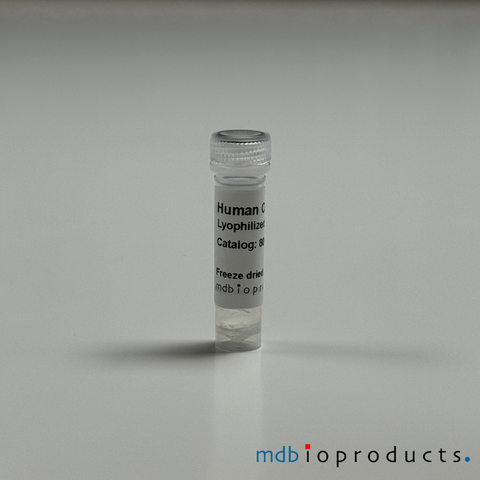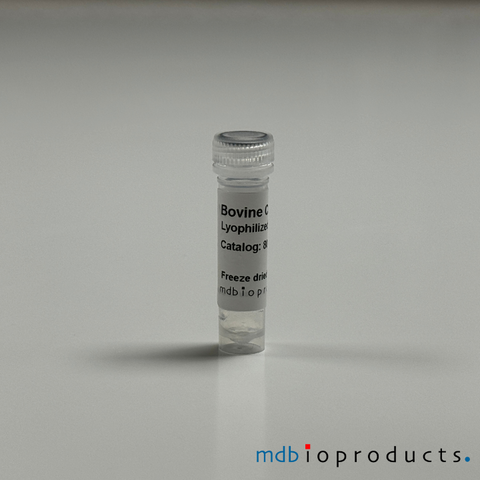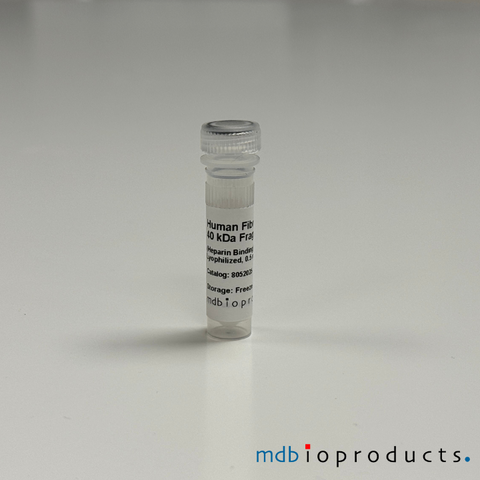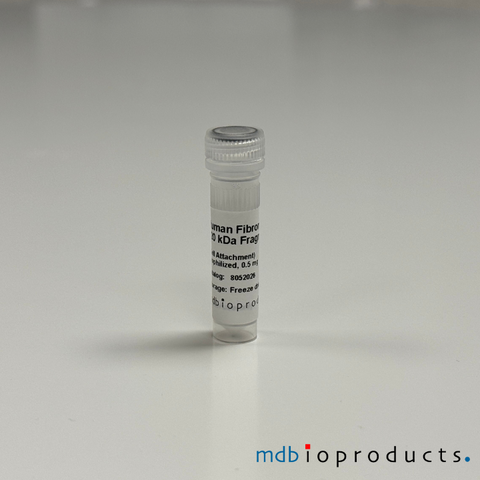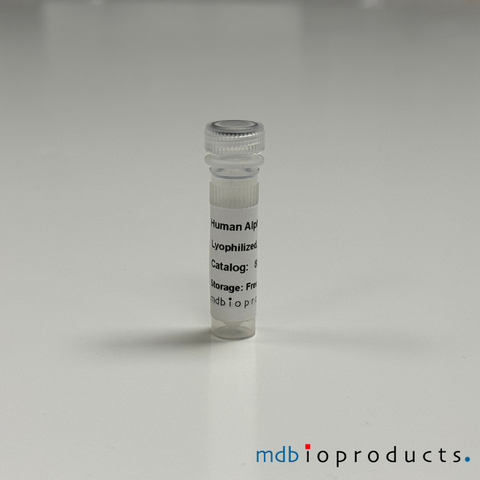Fibronectin, Human, 5mg
Fibronectin from human plasma. Fibronectin is a high-molecular-weight glycoprotein of the extracellular matrix that plays a crucial role in cell adhesion, growth, migration, and differentiation. Fibronectin has a significant role in...
Protein
8052024
Fibronectin from human plasma.
Fibronectin is a high-molecular-weight glycoprotein of the extracellular matrix that plays a crucial role in cell adhesion, growth, migration, and differentiation. Fibronectin has a significant role in the pathogenesis of arthritis by influencing inflammatory and repair processes within the joint. It is involved in various physiological processes, including wound healing and embryonic development, and has been implicated in pathological conditions such as arthritis. Fibronectin has two main forms: soluble plasma fibronectin, which circulates in the blood, and insoluble cellular fibronectin, which is part of the extracellular matrix. It interacts with cell surface receptors, such as integrins, and influences cell behavior and matrix assembly. In arthritis, fibronectin is involved in damaged cartilage and synovial tissue repair processes. However, its aberrant expression and fragmentation can contribute to disease progression. Elevated fibronectin levels have been observed in the synovial fluid and tissues with rheumatoid arthritis (RA) and osteoarthritis (OA). This increase is associated with inflammation and joint damage. Fibronectin interacts with various cell types in the joint, including synoviocytes, chondrocytes, and immune cells. These interactions can influence cell proliferation, migration, and cytokine production. The binding of fibronectin to integrins activates intracellular signaling pathways, such as the MAPK and NF-κB pathways, which regulate inflammation and matrix degradation.
Product Insert (PDF) - Informational use only. Please refer to insert included with product.
Data/Specifications:
- Presentation: Lyophilized, 5mg / vial
- Source: Human plasma
- Purity: SDS-PAGE, staining CBB R/G250: 95% purity, double band (220kDa) at load 6 μg/lane. Affinity chromatography on heparin agarose and gelatin agarose.
- Reconstitution:
- Add 5 ml of warm (37°C) water or PBS to the vial.
- Incubate the vial at 37°C for 3 hours, occasionally inverting it. Do not use a vortex.
- The reconstituted solution will contain 5 mg of soluble fibronectin and a minor quantity of insoluble aggregate.
- Slowly filter the solution through 0.2 μm pre-wetted membrane filter.
- The concentration of fibronectin will be 1 mg/ml, corresponding to an A280 value of 1.3.
- Storage: Lyophilized format: Short-term store at +2° to +8°C. Long-term storage at -20°C. Reconstituted format: Store +2 to +8°C for a month.




